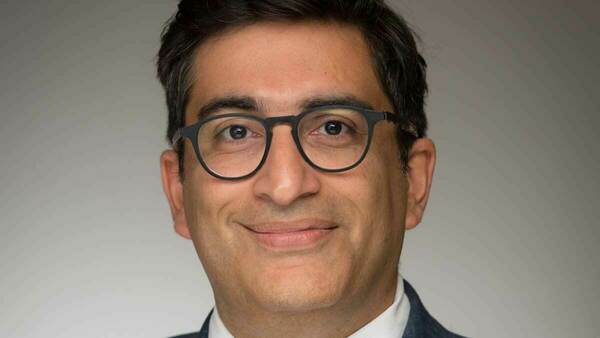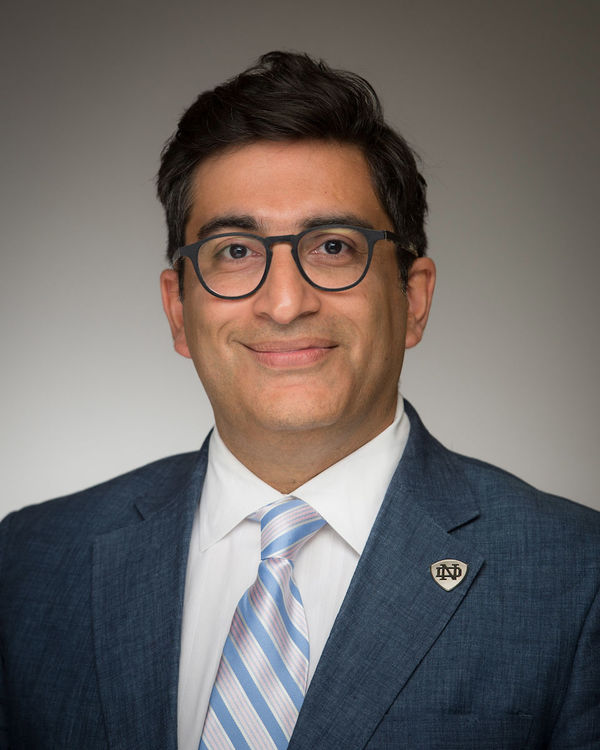
 iCeNSA Director Nitesh V. Chawla
iCeNSA Director Nitesh V. Chawla
In 2012, fraud cost U.S. auto insurers 7.7 billion dollars in excess payments. Although the rate of fraudulent policies for most insurers was five percent, that rate for nonstandard auto insurers – or insurers that underwrite drivers with multiple accidents, prior convictions, and state minimum coverage – was significantly higher at 84 percent. Unfortunately, this cost is often passed down to policyholders in the form of increased insurance premiums. To better control these costs, Notre Dame researchers at the Interdisciplinary Center for Network Science & Applications (iCeNSA) have developed Artificial Intelligence (AI) algorithms and a system that identifies potential fraudulent risks.
The study, which was published in Big Data, focused on creating a framework dubbed “FraudBuster,” which combats the following challenges: identifying the worst affected segments of the auto insurance market, identifying “actionable” fraud, and ensuring compliance with the industry regulations.
“Our goal with this research was to create an operationally viable AI system that could identify which population segments were demonstrably more affected by auto insurance fraud by using machine learning techniques,” said Nitesh V. Chawla, Frank M. Freimann Professor of Computer Science and Engineering, director of iCeNSA, and co-author of the study. “The FraudBuster system is able to not only accomplish this but also demonstrates a framework for compliance with industry regulations while accurately assessing bad risks at the underwriting stage.”
To create the system, the research team utilized de-identified data from more than one million drivers and then characterized that information with 44 different descriptors. The data descriptors represented both underwriting and claims information. Through a rigorous modeling and evaluation approach, the team demonstrated that FraudBuster can identify drivers who are likely to be fraudulent risks and are associated with high loss ratios, resulting in an operationally viable and compliant system to identify the segments that are most affected by fraud.
“The approach used in this study could also be adapted to predict and assess the significantly bad risks of other markets including those within the credit, lending, healthcare, and marketing industries,” said Chawla.
Collaborators on the study include Reid A. Johnson, former research assistant professor of computer science and engineering and data scientist at Concur Technologies, and Saurabh Nagrecha, former graduate student of computer science and engineering at the University of Notre Dame, lead author of the study, and machine learning researcher for Capital One.
To learn more about the study, please visit https://www.liebertpub.com/doi/abs/10.1089/big.2017.0083?journalCode=big.
Contact:
Brandi R. Klingerman / Research Communications Specialist
Notre Dame Research / University of Notre Dame
bklinger@nd.edu / 574.631.8183
research.nd.edu / @UNDResearch
About Notre Dame Research:
The University of Notre Dame is a private research and teaching university inspired by its Catholic mission. Located in South Bend, Indiana, its researchers are advancing human understanding through research, scholarship, education, and creative endeavor in order to be a repository for knowledge and a powerful means for doing good in the world. For more information, please see research.nd.edu or @UNDResearch.